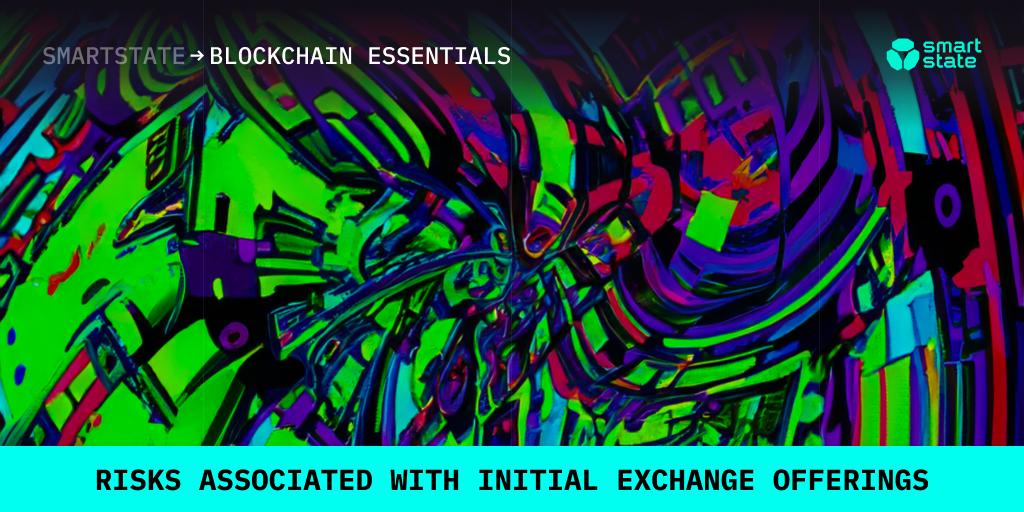Risks associated with initial exchange offerings
Initial exchange offering (or IEO) allows start-up companies to raise capital by means of selling tokens, which may help to prove the preferred company status on a cryptocurrency exchange platform. First initial exchanging offerings emerged in January 2019 with the launch of BTT (BitTorrent token) and quickly became popular because they were quite easy to take part in. IEO helps users to assess a project's reliability and participate in funds exchange without processing transactions through a number of blockchains and wallets. Project developers also benefit from them because they do not need to fork out huge sums to formulate and carry out their marketing strategies and can have immediate exposure to the user base of a particular crypto exchange. This helps to increase tokens’ liquidity. Another attractive feature of IEO is the potential for high return of investments combined with a faster way to take part in many projects simultaneously.
However, many people who invested into such projects failed to receive their tokens released on the exchange. According to the rules, the listing does not happen immediately, but several months after the tokensale. Investors put their funds at risk, even though they are not affected by such phenomena as ‘gas wars’, and projects for crowdsales are selected by the developers of huge and popular crypto platforms. Good results and profits are still not guaranteed. Not many crowdsales have taken place since 2018, either, so it is hard to estimate the respective profit of the offerings.
As far as IEO is concerned, an exchange takes up all responsibilities and issues coins the first days after presale. Crypto platform developers also take risks since their reputation for investment potential and projects productivity and feasibility assessment is at stake. They also share responsibility for the crowdsale results.
Taking a closer look into the problem, it is possible to discern the following concerns and risks:
- Smart contract legality. IEO are not governed by comprehensive legal standards (except for the ESGNC, Electronic Signatures in Global and National Commerce act, ratified in 2000, requiring timings for electronic forms and disclosures, which covers such transactions). Absence of unambiguous regulation can lead to illegal activity bursts due to the lack of alignment between certain smart contract provisions and local contract laws. It arouses certain risks concerning investment policy.
- Possibility of fraud and money laundering. Another huge risk is the possibility of fraud and unauthorized access to sensitive and confidential data of the participants. The recent flaw reports concerning Ethereum accounts and Ledger, for example, have shown that personal information of the crowdsale participants is not secure and their email addresses are often compromised. Another possible issue is the risk of IEO participants being dragged in by criminal organizations. Although projects for crowdsales are selected from popular and reliable platforms, sometimes the lack of information about the participants may lead to users involved in shady schemes, so that they lose their money or are used unwillingly in criminal business. The majority of transactions are completed with the help of over-the-counter brokers, thus, unfortunately, cryptocurrency exchanges can hardly detect and prevent illegal activity.
- Problems with taxes. Sometimes such transactions lead to problems with tax authorities. Usually countries do not allow payments to federal agencies in cryptocurrency. In other cases users have to provide accurate information to tax agencies on their transactions, otherwise they could be sued for fiscal evasion.
- Money loss. Once again, no one guarantees certain profits and protection from the risk of loss. Investors must do their due diligence before taking part in such projects and they had better invest sums they can afford to lose. Also exchanges themselves can delist some tokens or projects on their own accord due to violation of their policies. Having accepted the offering, the investor loses their funds without the possibility of return.

